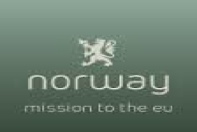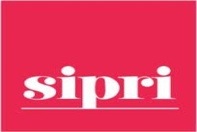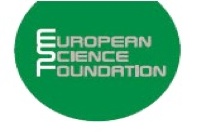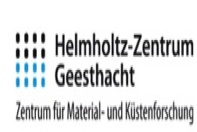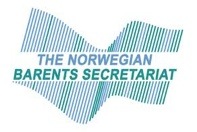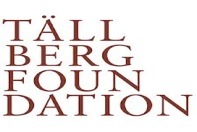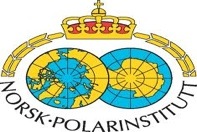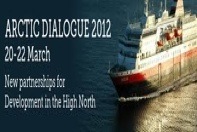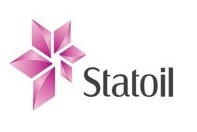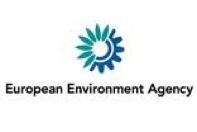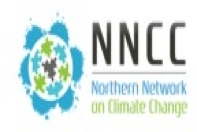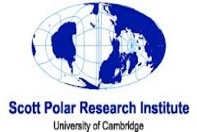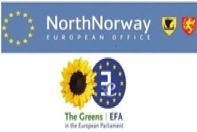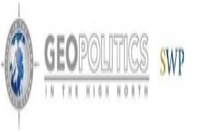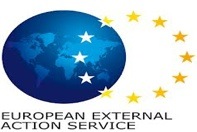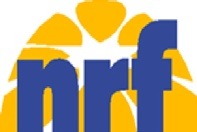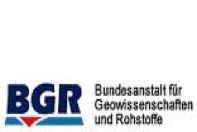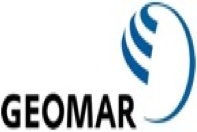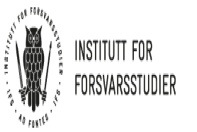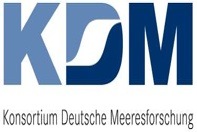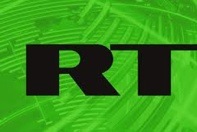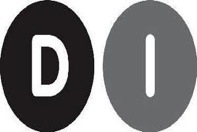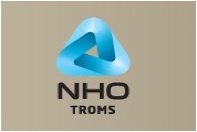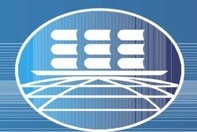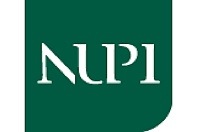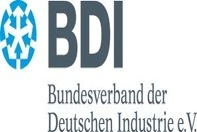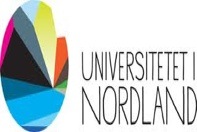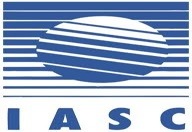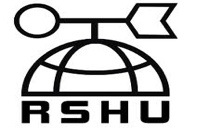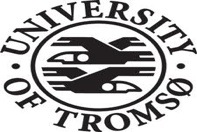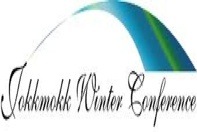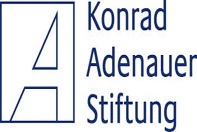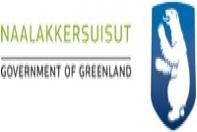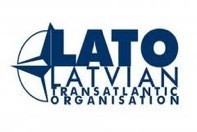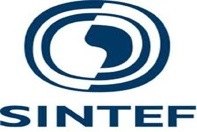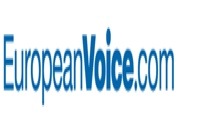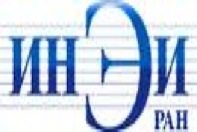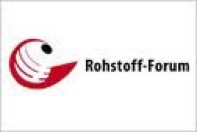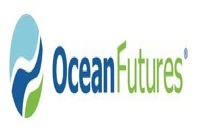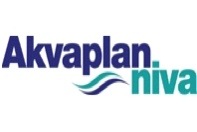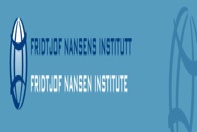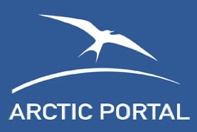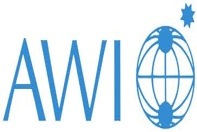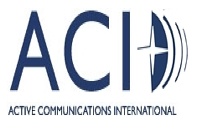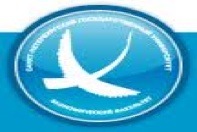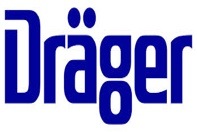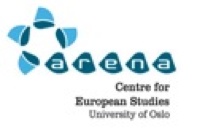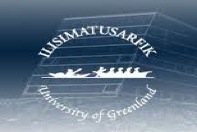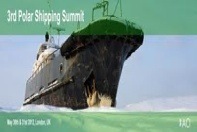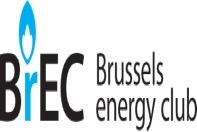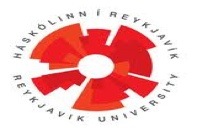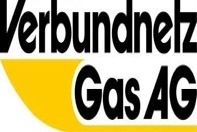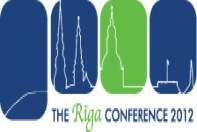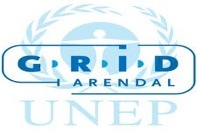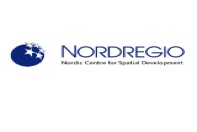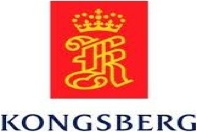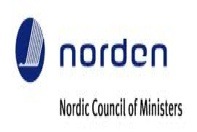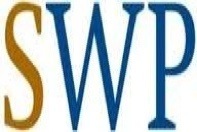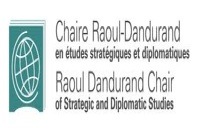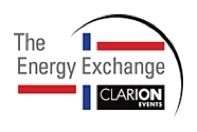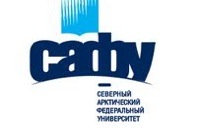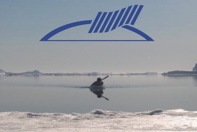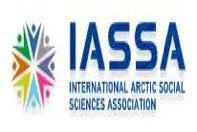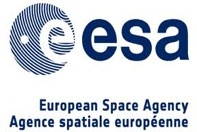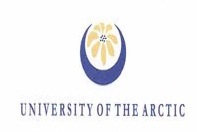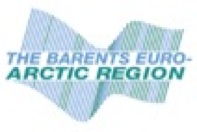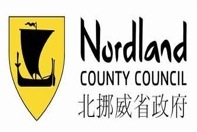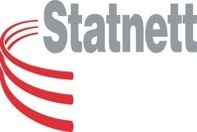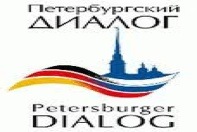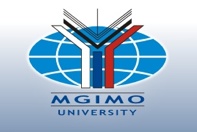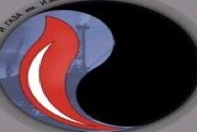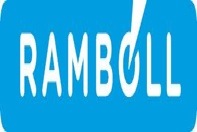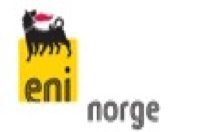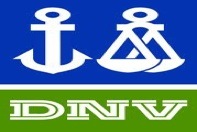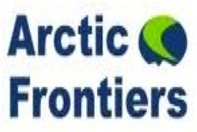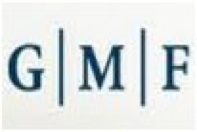Structure: The Three Fora
POLITICS – The EU Arctic Forum aims at ensuring balanced impact in debates within EU policy decision-making processes
A growing number of Arctic actors are affected by EU politics, and need to ensure that their experience and expertise is taken into account at the various stages of complex EU policy processes, regarding key issues related to the Arctic. The EU Arctic Forum (EUAF) provides and maintains a neutral, cross-party and cross-issue meeting place for European Parliament discussions on the various Arctic-related policies. EUAF brings together EU and Arctic politicians in cooperation with members of the Barents Regional Council and the Conference of Arctic Parliamentarians.
Past activities have included hearings and seminars – organized in Brussels since 2010 – on EU Arctic policy, environment, energy, science, indigenous issues and more. EUAF has been active, organizing a number of breakfast and dinner briefings by relevant actors in politics, science, civil society and business in cooperation with the foreign ministries of Arctic states, international organizations, European agencies, and various scientific, civil society and business associations. EUAF is proud to have cooperated with the Barents Regional Council, the North Norway Office, the European Environmental Agency, Statoil, the International Energy Agency, the German Marine Research Consortium (KDM), Ocean Futures, SWP Berlin, the Sami Parliament, the Canadian International Centre for the Arctic Region, and the Missions of Canada, Norway, Iceland and Greenland to the European Union.
The EU Arctic Forum has also participated in bilateral government seminars (Norway-Germany), and provided advice to policy makers not only in Brussels but also in the Arctic. EUAF has co-organized and/or participated in conferences and meetings by the Nordic Council of Ministers, the Barents Regional Council, the Global Economic Symposium, The German Marshall Fund, The Petersburger Dialogue between Russia and Germany, the Riga Conference, and Arctic Frontiers.
ECONOMICS – The Arctic Economic Forum includes interaction between the business community and the political arena
This forum addresses issues of regulation, economic priorities and development strategies in the energy and resource sector, environmental protection, shipping and navigation, fishing, infrastructure, tourism, communication, as well as economic issues related to human and social development in the Arctic.
The Arctic Economic Forum has co-organised numerous activities involving the Barents Regional Council, the North Norway Office, Statoil, Eni Norway and the International Energy Agency.
SCIENCE – The Science Policy Forum connects the research and development sphere with policy makers
In the fast changing Arctic Region, where nature and people, traditional and new activities, societies, infrastructures are heavily affected by climate change, policy makers need the input from researchers from natural and social sciences, including political science, to provide a base for a long term holistic and realistic policy formulation. Conversely, scientific institutions need to ensure relevance and visibility of their work and to make sure that their experience is taken into account by policy makers when it comes to setting up research priorities, drafting and negotiating programs and budget lines, and developing the research framework conditions. We work to bring the spheres of science and policy making together and assist in translating between different mindsets.
Activities related to this specific Science-Policy-Forum have gathered together all the polar research umbrella organizations, the International Arctic Science Committee IASC, the International Arctic Social Science Association (IASSA) and the University of the Arctic (UArctic) as well as the major science institutes such as the Norwegian Polar Institute, the Alfred Wegener Institute for Polar and Marine Research, the French Polar Institute Paul Emile Victor, the German Marine Research Consortium (KDM, the European Polar Board, and officials from the European Institutions, DG Research, DG Move, DG Mare, DG Regio, DG Energy, DG Environment, several agencies and international science organisations.
Contributions to international conferences include, the International Polar Year in Montreal, Arctic Frontiers in Tromsö, the Jokkmokk Winter Conference, and several conferences in specific think tank contexts. We are also associated with the Geopolitics in the High North Research Program involving CSIS, MGIMO, SWP, IFS and leading experts in the field.
